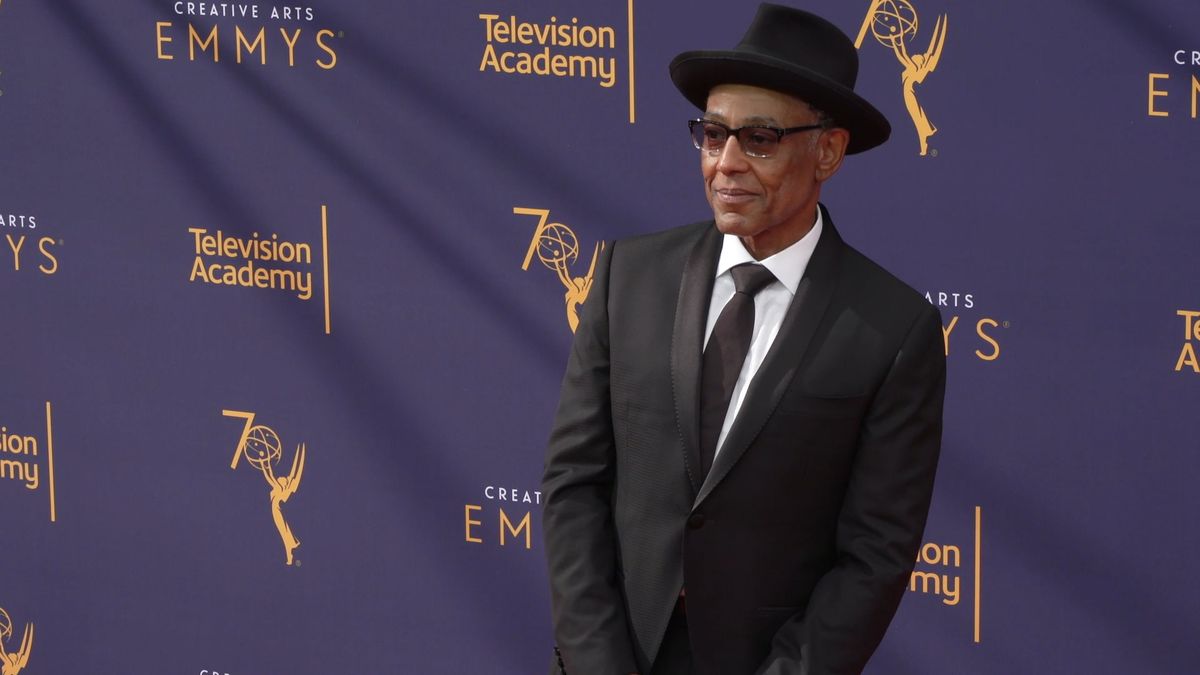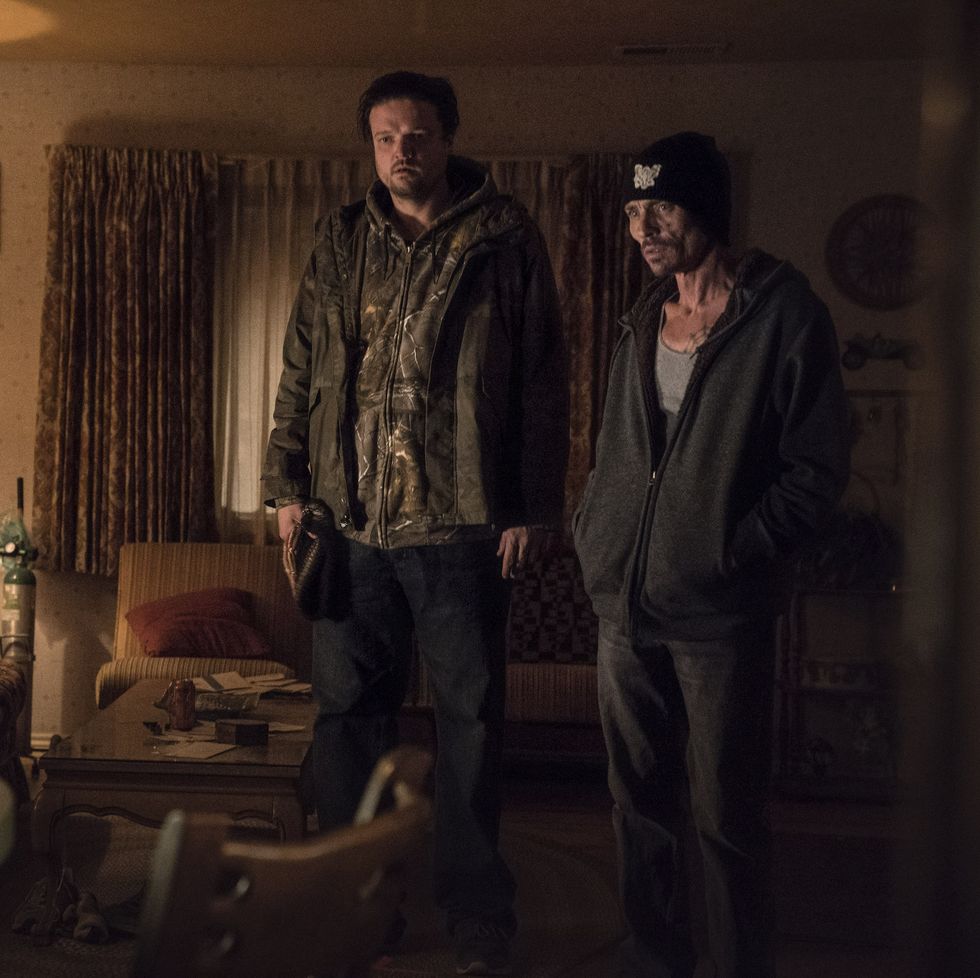At this point, I should know better than to doubt Vince Gilligan. Back when Better Call Saul was announced, confirming long-simmering rumours that Bob Odenkirk would be leading his own Breaking Bad spinoff, I—a diehard BB fan from day one—was not stoked. Not because I didn’t love Odenkirk’s gleefully sleazy Saul Goodman as much as the next fan, but because any addendum to the show felt like tempting fate. It’s rare that a critically beloved, smash-hit prestige TV show sticks the landing (insert obligatory Benioff & Weiss joke here) and the Breaking Bad finale defied the odds. Walter White’s journey from mild-mannered teacher to craven drug lord wrapped up on a note that was so appropriately cathartic and tragic that any kind of follow-up seemed like a very bad idea.
As we all now know, Better Call Saul is a phenomenally smart and engaging show, and yet when El Camino: A Breaking Bad Movie was announced last year, my heart sank in exactly the same way. Details about the sequel were scant early on, but it was widely known that its focus would be Aaron Paul’s Jesse Pinkman, last seen escaping from a nightmarish compound run by a gang of Neo-Nazi lowlifes, who had held him prisoner in a cage for months. The ambiguity of Jesse’s ending (he’s free, but is he really?) is part of what made the finale so powerful. At best, I thought, a sequel would be gilding the lily. At worst, it would sully our collective memory of a near-perfect show.
Folks, I was wrong. El Camino is a carefully crafted gift to Breaking Bad fans, delivering the soulful “Felina” epilogue I never knew I needed. In focusing on a traumatised but unbroken Jesse in the days immediately following his escape, the movie expands on a few aspects of Breaking Bad’s final episodes—particularly the day-to-day horrors of Jesse’s captivity at the hands of mild-mannered sociopath Todd Alquist (Jesse Plemmons)—and gives Paul the chance to shine in a restrained, textured performance. Just like the show at its best, El Camino spends a lot of time on the nitty-gritty practicalities of criminal life (destroying evidence, obtaining cash, evading cops) as a way into bigger moral questions about culpability, luck, and evil.
Unlike Better Call Saul, El Camino is not a story you can easily appreciate without having seen Breaking Bad—it is unabashedly made for fans, and specifically for the legions of fans who loved and rooted for Jesse. There are no major twists or new story developments, with writer-director Gilligan instead focusing on subtle development of character. A number of familiar faces make a return, including Jesse’s endearingly clueless bros Badger and Skinny Pete, whose banter provides some much-needed levity early on. Dave Porter’s inimitable score is back, as are the New Mexico vistas and Albuquerque locations fans know and love. And there’s an extended cameo that made me tear up instantly, in a way I can only describe as Pavlovian. You’ll know it when it happens.
Throughout most of Breaking Bad, it really felt as though Jesse Pinkman couldn’t catch a break. As the moral compass of the show, and the greatest victim of Walt’s corrosive influence, his suffering became hard to watch in the final season. By the end, El Camino gives Jesse Pinkman something like a break, and for that alone it’s a masterpiece.
Like this article? Sign up to our newsletter to get more delivered straight to your inbox.

Emma Dibdin is a freelance writer based in Los Angeles who writes about culture, mental health, and true crime. She loves owls, hates cilantro, and can find the queer subtext in literally anything.













